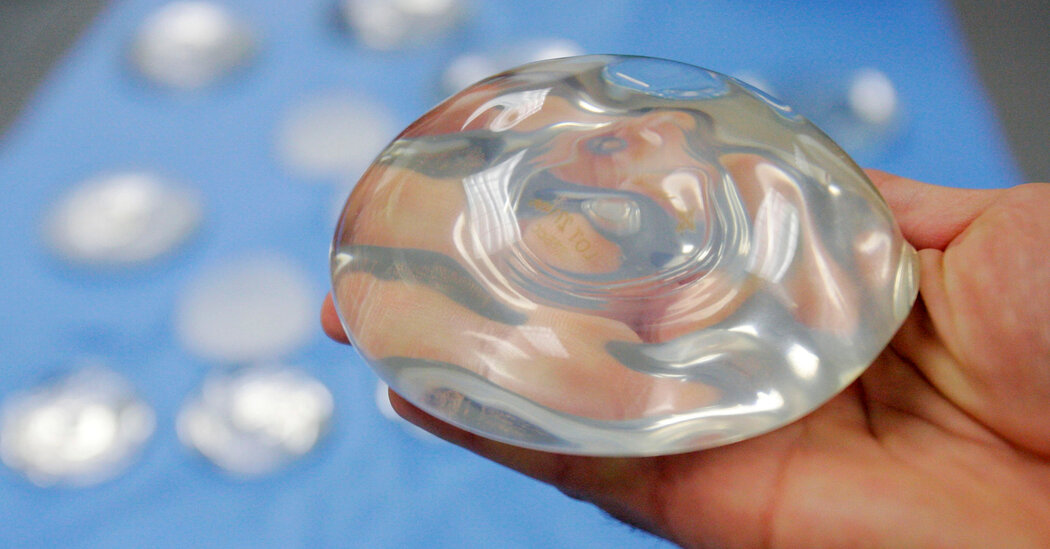
They are extremely rare, he added, and the new warning should not be cause for widespread alarm. The realization that A.L.C.L. was linked to breast implants had already “enabled us to be more cognizant that other things could be happening in that area,” Dr. Clemens said.
“If A.L.C.L. is uncommon, these are very rare,” he added. It has long been known that scar tissue, like that resulting from breast implant surgery, can yield squamous cell carcinoma, Dr. Clemens added.
“A wound that tries to heal, and tries to heal for a long time, can develop into these things,” he said. But the precise nature of the relationship between the implant and the cancer, and whether the implant is causing the cancer, is not yet clear, he said.
In a typical year, some 400,000 women get breast implants in the United States, 300,000 for cosmetic reasons and 100,000 for reconstruction after mastectomies performed to treat or prevent breast cancer.
Numbers dropped substantially during the first year of the pandemic, according to the American Society of Plastic Surgeons.
Last year, the F.D.A. placed so-called black-box labels on breast implants, warning that they had been linked to a host of chronic medical conditions, including autoimmune disease, joint pain, mental confusion, muscle aches and chronic fatigue, as well as to lymphoma.



